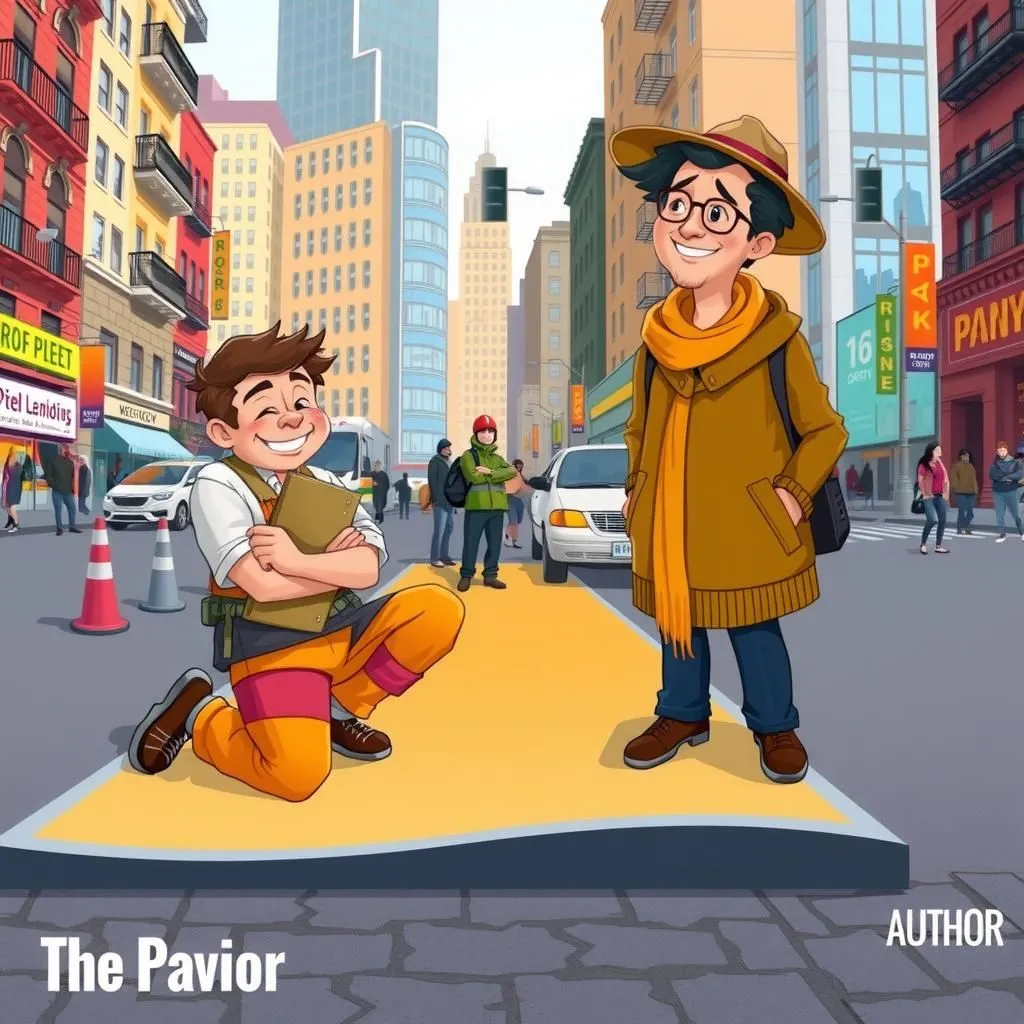
The Pavior
In "The Pavior," a thought-provoking moral story, an Author attempts to inspire a weary Labourer hammering stones into a street pavement with lofty ideas of ambition and fame. However, the Labourer values his honest work and simple living over grand aspirations, highlighting the contrasting perspectives on ambition and the dignity of labor. This unique moral story serves as a reminder that fulfillment can be found in humility and hard work, making it an engaging read for young readers seeking short and sweet moral tales.


